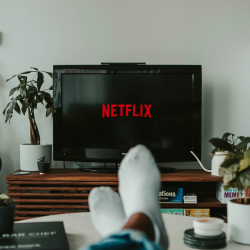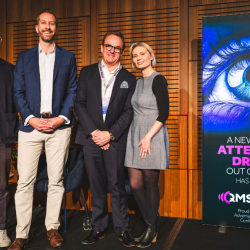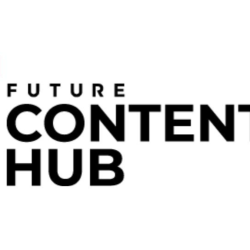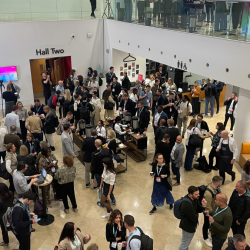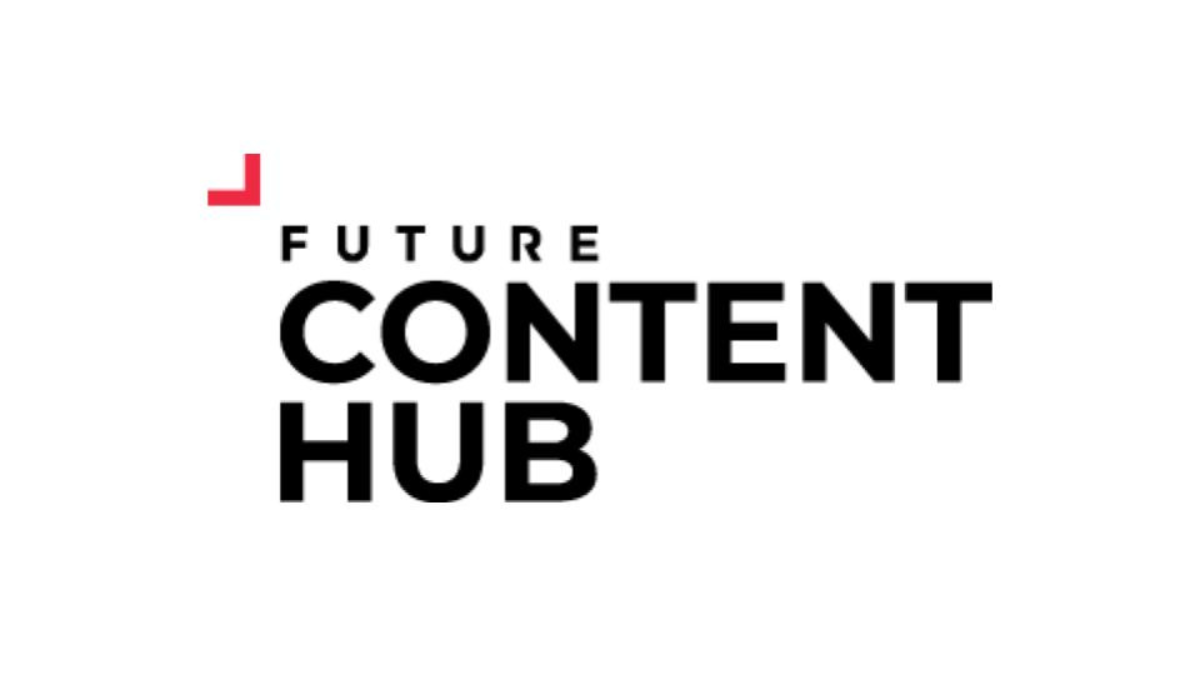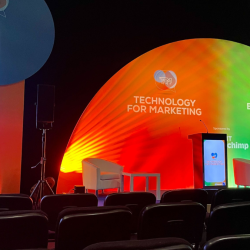Generative AI burst into mainstream consciousness on 30 November 2022, with the public launch of ChatGPT. In the year that’s followed, almost every business, regardless of industry, has sought to capitalise on the promise of this exciting technology. We’ve seen the equivalent of a veritable arms race, with AI-powered tools developing faster and permeating more facets of daily life than any other technology before it.
Yet in marketing, a divide is becoming increasingly apparent between those who are actively pursuing the technology and those who aren’t ready to use it — yet. According to research we carried out among UK marketers in our client portfolio, marketers unanimously acknowledge that AI is a game-changer. But almost half (47%) still aren’t planning to set aside a dedicated marketing budget for the technology, and nearly two-thirds (63%) say they lack the internal expertise to use generative AI strategically and effectively. One way to tackle this is with a robust marketing ecosystem. Building and maintaining an ecosystem that can absorb external shocks, such as emerging technologies or economic uncertainties, ensures that all marketing functions keep the business moving forward. And when it’s strong enough, that ecosystem can handle change and disruption at pace.
How to manage disruptive technologies like AI to brand advantage
The issue with disruption is often not the disruption itself; it’s the rapid action, change, and consequent need for agility that come with it. For businesses that aren’t prepared, this exposes stagnancy and rigidity. Marketing ecosystems solve this issue. In its simplest form, a marketing ecosystem’s purpose is to ensure that businesses remain market-orientated and focused on the target audience, be that customer, consumer, or both. With solid foundational pillars, marketing ecosystems can shift, scale, and adapt to almost any environmental factor.
A marketing ecosystem allows a business to absorb a shock like generative AI and pivot rapidly through proof of concept, implementation, and delivery to use it without having that process clog the system.
Delicate balance between external and internal elements of brand ecosystems is vital
It’s important to note that marketing ecosystems don’t sacrifice stability in favour of agility. The two major barriers to agility and flexibility are complexity and bureaucracy, elements many large enterprises struggle with. If the ecosystem is too complex with too many interdependent elements, then the most minor issue can cause a rapid decline. Bureaucracy slows the pace of change down so that even when there is a positive adaptation, the extinction event is too close by the time it happens.
Given that the key elements of both a marketing ecosystem and handling disruption are agility and flexibility, it’s key to understand that fostering those capabilities isn’t solely an internal task. Rather, maintaining a balance between internal and external resources can boost an ecosystem’s ability to operate at best capacity. In other words, if the ecosystem is the ball bearing in the flywheel that keeps the machine running, external partners can be the oil that keeps that ball bearing moving. External partners can bring flexibility because they can scale up and down as needed; they have a greater capacity to absorb any difficulties or obligations of hiring cycles, onboarding, labour laws, and backfilling.
We’ve seen this in practice as OLIVER’s in-housing model has evolved; our value to clients comes from our teams sitting next to our clients, yes, but also from the market need to stay ahead of the curve and amass expertise clients can’t build quickly or at scale. It’s certainly been a pressing need with generative AI, such has been the speed and ubiquity of the technology. At OLIVER we set up our AI Client Council ahead of the generative AI ‘awakening’, and built an AI suite that now encompasses Pencil Pro, an enterprise-level generative AI product created to meet the needs of global brands. Unilever and Bayer are Pencil Pro launch partners.
What’s clear is that as generative AI evolves in coming months, the flex in marketing ecosystems will be tested. And while a strong marketing ecosystem won’t solve every issue, it will allow businesses and marketing teams to withstand disruption, capitalise on emerging technologies, and be more agile at critical moments, including those driven by tech.
Featured image: Note Thanun / Unsplash


